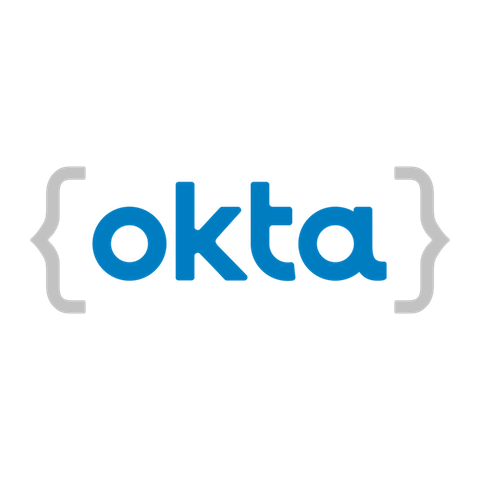The Okta Hooks SDK for Java project contains utilities to make responding to Okta's Hooks easy. For more information on Okta's Inline hooks checkout out the Documentation.
This library uses semantic versioning and follows Okta's library version policy.
✔️ The current beta major version series is: 0.1.x
| Version | Status |
|---|---|
| 0.1.x |
The latest release can always be found on the releases page.
If you run into problems using the SDK, you can
- Ask questions on the Okta Developer Forums
- Post issues here on GitHub (for code errors)
To use this SDK you will need to include the following dependencies:
For Apache Maven:
<dependency>
<groupId>com.okta.hooks.sdk</groupId>
<artifactId>okta-hooks</artifactId>
<version>${okta.version}</version>
</dependency>For Gradle:
compile "com.okta.hooks.sdk:okta-hooks:${okta.version}"Snapshots are deployed off of the 'master' branch to OSSRH and can be consumed using the following repository configured for Apache Maven or Gradle:
https://oss.sonatype.org/content/repositories/snapshots/These examples will help you understand how to use this library. You can also browse the full API reference documentation.
This library helps you build the response objects for an Okta Inline Hook. Before you use this library you will need to setup a route or controller that will listen for the incoming hook from Okta.
Serialization can be handled within the library or through another framework.
For example a simple Spring Controller might look like:
@PostMapping("/user-reg")
public HookResponse userReg(@RequestBody String request) throws IOException {
return Hooks.builder()
.userRegistration(denyRegistration())
.build();
}Or you could serialize directly by calling the toString() method on the builder instance:
String result = Hooks.builder()
.userRegistration(denyRegistration())
.toString();These examples below make use of static imported methods, to see the full example with package declarations checkout ReadmeSnippets.
Okta's Token Inline Hook docs
Hooks.builder()
.error("Some Error")
.build();Hooks.builder()
.build();Hooks.builder()
.oauth2(addAccessTokenClaim("aClaim", "test-value"))
.build();Hooks.builder()
.oauth2(addIdTokenClaim("iClaim", "another-value"))
.build();Okta's Registration Inline Hook docs
Hooks.builder()
.errorCause("An Error")
.build();Hooks.builder()
.userRegistration(denyRegistration())
.build();Hooks.builder()
.userRegistration(allowRegistration())
.build();Hooks.builder()
.userRegistration(UserRegistrationCommand.addProfileProperties(
Collections.singletonMap("someKey", "a-value")))
.build();Okta's Import Inline Hooks docs
Hooks.builder()
.userImport(UserImportCommand.addProfileProperties(
Collections.singletonMap("someKey", "a-value")))
.build();Hooks.builder()
.userImport(createUser())
.build();Hooks.builder()
.userImport(linkUser("oktaUserId"))
.build();Okta's SAML Assertion Inline Hooks docs
Hooks.builder()
.samlAssertion(replace("/claims/array/attributeValues/1/value", "replacementValue"))
.build();Hooks.builder()
.samlAssertion(add("/claims/foo", new SamlAssertionCommand.SamlAttribute()
.setAttributes(Collections.singletonMap("NameFormat", "urn:oasis:names:tc:SAML:2.0:attrname-format:basic"))
.setAttributeValues(Collections.singletonList(
new SamlAssertionCommand.SamlAttributeValue()
.setAttributes(Collections.singletonMap("xsi:type", "xs:string"))
.setValue("bearer")))))
.build();Additional debug information can be added to any hook response, these additional fields will be available via Okta's System Log, and as such should NOT contain any secrets.
Hooks.builder()
.errorCause("An Error")
.debugContext(Collections.singletonMap("key", "value"))
.build();In most cases, you won't need to build the SDK from source. If you want to build it yourself, take a look at the build instructions wiki (though just cloning the repo and running mvn install should get you going).
We're happy to accept contributions and PRs! Please see the contribution guide to understand how to structure a contribution.




